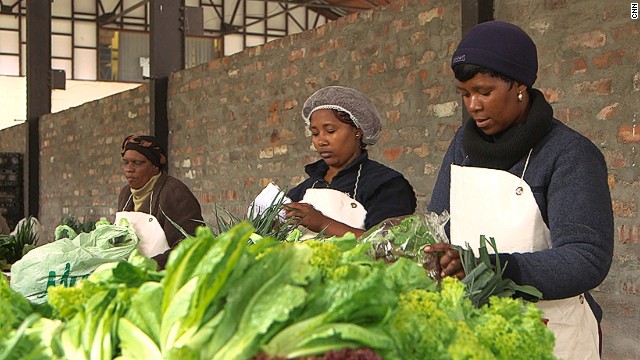
Over a month ago BP’s Deepwater Horizon oil platform in the Gulf of Mexico exploded, killing 11 people and beginning a month long flow of gallons of crude oil into the Gulf of Mexico. Responses to the disaster were slow at best, with BP’s solutions never succeeding in capping the flow of oil into the ocean. The result is that people all along the coast of the Gulf who are dependent on the Gulf for food or livelihood are losing out, and the wildlife population that exists in the Gulf is hurt by the crude oil.
For myself, and for many other I’m sure, the outrage at this spill comes primarily from the inability to act and the inability to connect this oil spill with the dangers of both depending on oil reserves and dumping things into the ocean. The apathetic attitude of people toward the dumping of gallons of crude oil into the ocean is the most alarming part of the disaster. In my last post, I talked about some of the connections between women and water. This oil spill displays more of those characteristics.
Before discussing the implication of the oil spill on gender, I should first discuss a little bit about the feminizing of the ocean itself. The ocean or the sea is referred to as a ‘she,’ like when the sea is referred to as a mistress to sailors, or when religions include a goddess of the sea.
This connection is not so far out of the blue. The characteristics attached to the sea are often ones similar to those attached to women. The sea in many religions is considered to be a birthplace of life – similar to viewing women as life-givers. The ocean is often perceived as having a calming effect – similar to the idea of a mother’s comfort. And finally, the ocean is said to have a fury and a power that is hidden and to be feared – ‘hell hath no fury like a woman scorned,’ or a fear of women’s power.
Secondly, there is a belief that the ocean has a religious power of sorts to wash away all sins — the sea can contain or take all that we do to it. A group of people in Denmark decided to thank the ocean by sinking a huge metal statue filled with bread in the ocean as a sacrifice. In order to thank the ocean, they had to literally dump more problems into it. This is similar to how we talk about women, especially women in developing countries or those who have just been through a trauma of sorts – we comment on how strong they are, and how wonderful that they can take so much.
Water is a resource that is essential for all forms of life, yet we privatize it and sell it for immense profits. The documentary FLOW discusses not only the effects of privatization on water but the similarities between the so-called ‘water industry’ and the oil industry – mainly that both are driving prices up at the expense of people who can’t afford it and the profit of those who don’t need the money.
So what does this mean for the oil spill in the Gulf? The spill happened in the ocean – a ‘feminine’ body of nature. As such, it can take all that we do to it – like the ideal strong woman who can ‘take’ all that life throws at her. The ocean can take the gallons of crude oil that are rushing into the waters destroying marine life and coming closer and closer to shore (in fact, it has already hit some islands off the coast of Alabama). I believe that the driving force behind the fact that BP executives are so slow to act is that they believe that the ocean can take this abuse. BP CEO Tony Hayward was quoted as saying “The Gulf of Mexico is a very big ocean. The amount of volume of oil and dispersant we are putting into it is tiny in relation to the total water volume.”
The sea is tied to feminine ideas, or the feminine principle as Vandana Shiva puts it. When something is so closely tied to femininity, it is not immune from the reach of patriarchy, in particular the idea of control over the ocean’s resources (which include the crude oil beneath the ocean’s surface). Not only can the ocean take all that we do to it, but it also is there to be controlled and manipulated by us as humans. Moreover, the people running BP are predominantly men, making it a situation where men are controlling/manipulating the feminine for their own profit and use.
The BP oil spill in the Gulf is a disaster in so many ways, but it does give us a clear picture of the value that we place on our oceans, and by extension on women. Perhaps the reason why there is less outrage from the general population about the oil spill is that we don’t place enough value on it – it is expendable in the name of profit, much like the patriarchal view of women.
(Image Credit: Flow)
